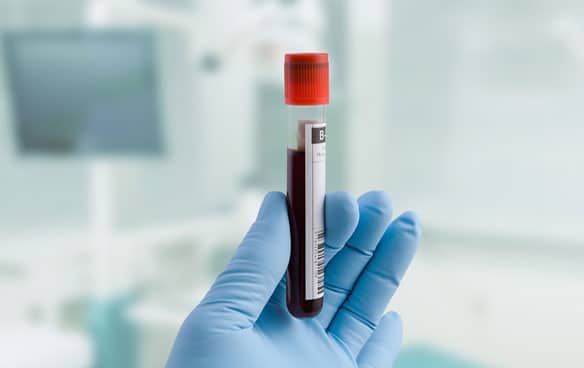Since the first kidney transplant more than 60 years ago,1 doctors have developed a deeper understanding of how to protect donated organs. With newer medications and improved management, it’s less likely transplanted kidneys will undergo rejection by the immune system.
That’s not to say doctors have completely eliminated the risk of kidney transplant rejection, though. Unfortunately, while many kidneys will last much longer, the median life of a kidney transplant is still only ten years. Understanding the risks and early warning signs of rejection gives you the best chance of a successful kidney transplant. Read the full story on CareDx.com.






